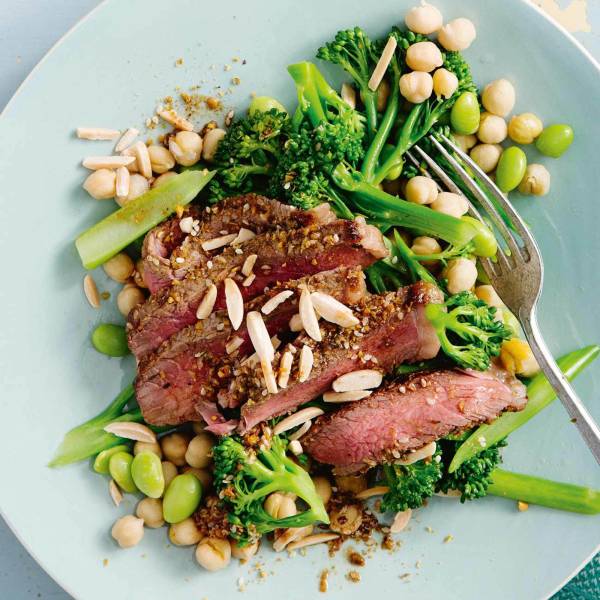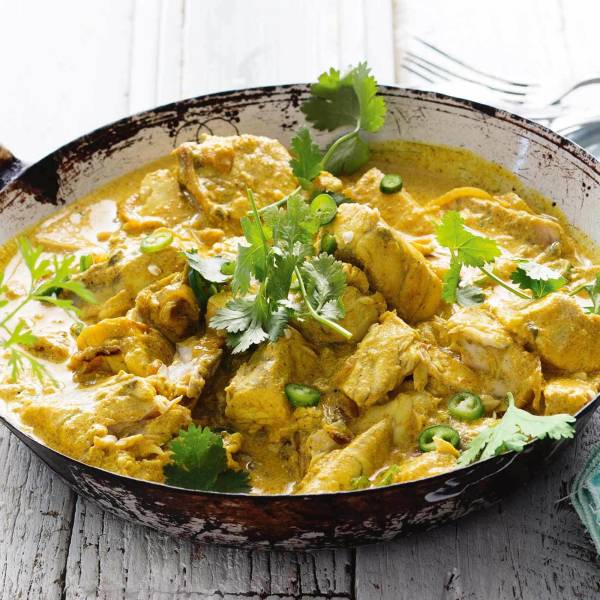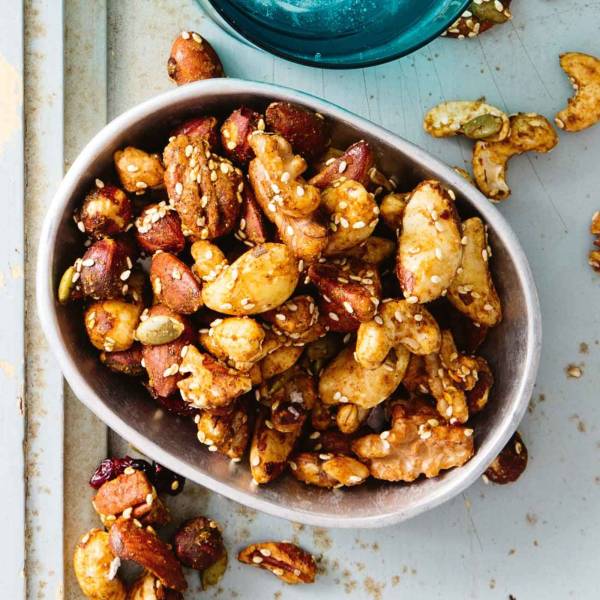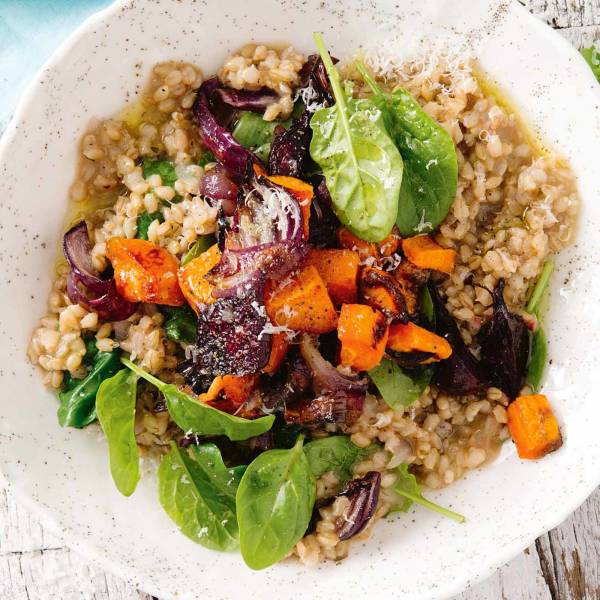9 ways to embrace anti-inflammatory eating: what it is, what to avoid, and how it may help contribute to a healthier lifestyle.
This content was originally published by Fresh Magazine August 2017
Our body’s natural response to injury is inflammation. Orchestrated by our immune system, inflammation can be short-lived or acute as in the case of infections or sporting injuries, or prolonged or chronic because of poor diet, obesity, lack of exercise or exposure to environmental pollutants. We all need acute inflammation, it ensures we fight infections and recover from injuries. The chronic kind is less helpful, however, and research shows it may be implicated in diseases such as cancer, heart disease, metabolic syndrome, arthritis, and most recently depression and Alzheimer’s disease.
So, can diet help calm your body’s defences and reduce unwanted inflammation? At this point, we’re still waiting for hard evidence on a specific anti-inflammatory ‘diet’ – although the Mediterranean way of eating is looking promising. But despite this, there are many food groups showing potential for their ability to soothe inflammatory processes. Here are nine steps you can take towards reducing inflammation in your body.
1. Look after yourself
It may seem obvious but our lifestyle choices greatly influence our overall health. Cigarette smoke, obesity, poor quality sleep and lack of exercise can all rev up the inflammatory processes in our body. Taking action on your lifestyle and quitting smoking, becoming more active, getting more sleep and losing weight can protect against diseases associated with chronic inflammation.
2. Think whole foods
Refined carbohydrates and the trans and saturated fats found in highly processed foods, such as soft drink, fast food, and many snack foods have been shown to promote inflammation in our body. Opt for unprocessed whole foods instead. Whole foods are the cornerstone of any healthy eating plan, a dietary choice that’s been shown to benefit lower levels of inflammation.
3. Choose healthy fats
While trans and saturated fats can contribute to inflammation, research shows monounsaturated and omega-3 fats can have a calming effect on inflammation. Eat more seafood such as salmon, tuna, sardines as well as walnuts for omega-3s, and extra virgin olive oil, avocado and macadamias for monounsaturated fats.
4. Eat fruits and vegetables
Plant-based diets have a host of health benefits. Aim to eat more cruciferous veg (broccoli, broccolini, kale, brussels sprouts, cabbage and cauliflower), onions and leeks, berries and other brightly coloured fruits and vegetables – they’re all rich in a range of plant compounds shown to have anti-inflammatory properties.
5. Improve gut health
Consuming foods rich in fibre and prebiotics helps to feed the good bacteria in your digestive system. Emerging research suggests improved gut health reduces chronic inflammation. Good sources of prebiotics include fruit, vegetables, whole grain foods, legumes and nuts.
6. Consume whole grains
Research shows a greater whole grain intake is associated with a healthier body weight and lower levels of inflammatory markers used to measure inflammation in the body. Health experts recommend three serves of whole grain foods daily. Get these by eating more rolled oats, brown rice, popcorn, cracked wheat, barley and foods made from these such as porridge, muesli and whole grain breads and crackers.
7. Add spices
Turmeric, ginger, cinnamon, garlic, cayenne and black pepper are flavoursome additions to many recipes. They are also rich sources of a variety of compounds that are being studied for their anti-inflammatory actions.
8. What about nightshades?
Most famous for the deadly herb belladonna, the poison of choice for assassins through history, the nightshade family also includes tomatoes, capsicum, eggplant and potatoes. These foods also have a bad reputation due to claims they inflame joints and worsen arthritis symptoms. The good news is that science doesn’t support these anecdotal reports and some nightshades, such as lycopene-rich tomatoes, may even help calm inflammation.
9. Train well
Whether you’re in full training mode for sport finals or just exercise regularly to keep fit, you’ll be familiar with the post-training pain of a hard work-out. Foods with anti-inflammatory effects may speed recovery from a strenuous training session or sporting event and get you feeling and performing better sooner.
The bottom line
Despite the lack of strong scientific evidence for a specific anti-inflammatory diet, the nutrition credentials of diets that include fewer processed and more whole foods, plant-based foods, healthier fats and whole grains is undisputed and easy to achieve with a few simple tweaks.
Words: Karen Kingham (APD)





